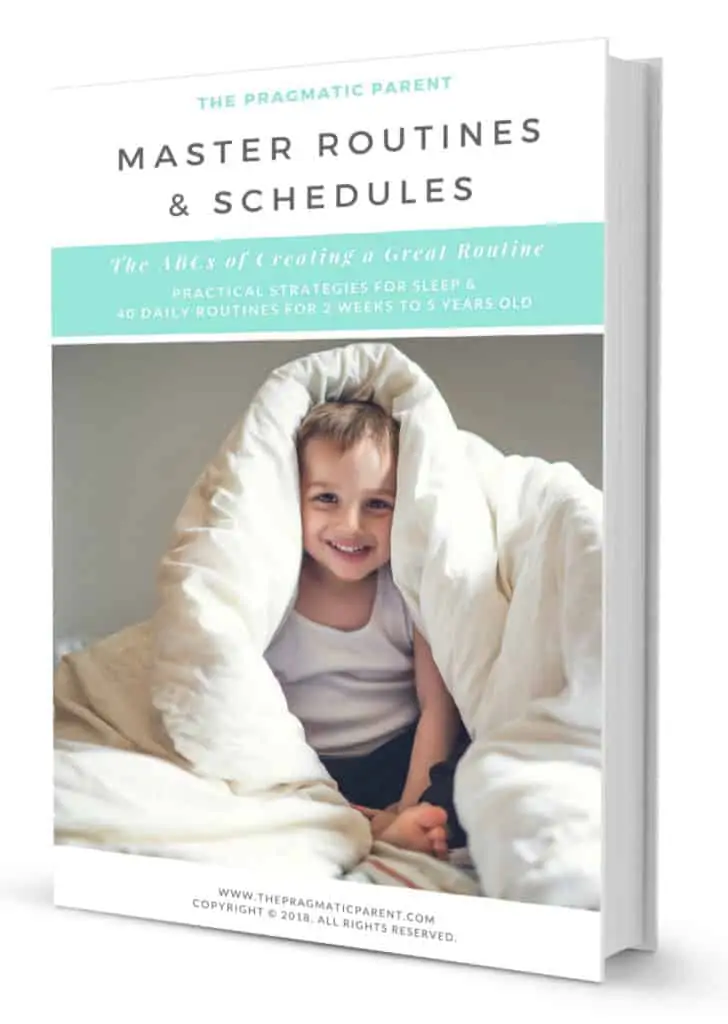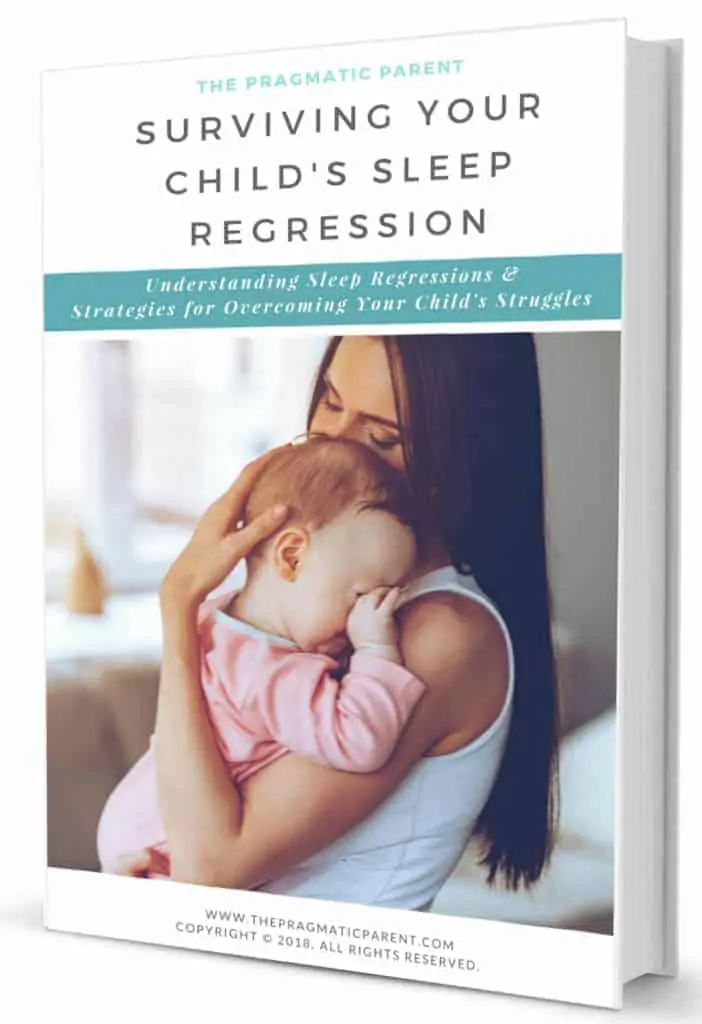Helpful tips to help you survive the first week home with baby. What to expect the first few days home with your newborn baby and the first week home with baby. The best ways to prepare for bringing your baby home and taking care of your body postpartum, from a mom of three. What you can do to help you ease into motherhood first week home with baby.
SURVIVE THE FIRST WEEK HOME WITH BABY
I didn’t worry much about bringing my brand-new twin babies home until we had strapped them into their car seats and started pulling away from the curb of the hospital. They were only 48 hours old and while I was sitting in the backseat next to two sleeping babies, I quickly started panicking about not having a call button or nurse at home with us. What were we doing!?!
Those first couple of days at home with baby were an accelerated crash course in new motherhood. Baby’s don’t come with a manual… but they should!
However, since I have three kids and have done this a couple times, I feel like I can share with you How to Survive the First Week Home with Baby, because as frightening as it may seem to bring your new baby home for the first time, you’ve got this!
Plus, you have no other option.
SHARING NEW BABY DUTIES FROM THE BEGINNING
There is a certain high you get from being a new parent and this makes you stay up well past your baby has gone back to sleep, to check on them, watch them, and of course, make sure they’re doing OK. But in the first week of bringing your baby home, it’s important to get right into a good sleep pattern because sleep deprivation will eventually kick in.
There’s no time like the present to get rested, especially as your body recovers from giving birth. If you have a partner, talk ahead of baby’s arrival about sharing duties. If you baby is up every two hours to feed, ask your partner to take the 12am shift so you can sleep from 10pm – 2am and wake up for the 2am feeding.
If you’re breastfeeding, try to pump during the day so that you can get some sleep for 1 – 2 feeds and sleep for a longer stretch of time.
If you choose to exclusively breastfeed, ask your partner for help with making meals, laundry and cleaning so you can get the rest you need to sleep when your baby sleeps and not worry about the state of your home, especially when guests start asking to come over to see your baby.
REACH OUT FOR BREASTFEEDING SUPPORT
Let me start by saying, fed is best no matter how it’s done.
Bottom line.
If you choose to breastfeed, this is one of the best ways to kickstart your baby’s immune system but there’s a lot of side effects that can come with it. From low milk supply, being really painful, trying to get a good latch, plugged ducts, blisters and more…
Most pediatricians and doctors have no breastfeeding support training, so before you leave the hospital, meet with a lactation specialist (something you have to ask for this, sometimes this person makes rounds), and get contact information for once you leave the hospital. If something is excessively painful, you feel like your baby is not eating enough or having a hard time latching on, don’t hesitate to contact a lactation consult who can come to your home or meet you at the office to help you.
Breastfeeding, if done the proper way shouldn’t hurt and usually, the pain can be easily corrected with a lactation specialist’s support.
Use the Le Leche League to find a lactation support location nearest you.
MASTER THE SWADDLE
Think of how your baby was wrapped tightly in your womb for nearly 10 months… once they are born, using a swaddle replicates this familiar sensation and helps to settle them and get them to sleep. Practice, practice, practice and of course, ask your nurse for help too.
The Anais and Aden Muslin swaddles are the perfect size. The receiving blankets you receive at your baby shower in the 4-pack are nice, but are much too small for swaddling and don’t serve a big purpose.
The Swaddle Blankets with Velcro come in handy because of how quick you can swaddle a fussy or tired baby and make them comfortable.
USE SUPPORTIVE ITEMS AS YOUR BODY ADJUSTS ITSELF
After delivery, things will be aching and shifting back into their original location. Breastfeeding in the first week can feel painful as your uterus lowers itself (breastfeeding will help this), but it can be painful. Also, if you had an epidural or a spinal in your back, bad posture can make breastfeeding uncomfortable. I highly suggest using a Boppy Pillow to help with feedings and your posture at the same time. The My Brest Friend Pillow even has back support and trust me, they’re worth every penny!
If you did get an epidural or spinal, this can take some time to get over the soreness. Try not to extend your back much by reaching down (to the bottom of a pack and play or crib that’s on it’s lowest setting instead of the highest) and overextending yourself. Ask for help and use baby safe equipment that doesn’t require a lot of bending and leaning over.
PLAN MEALS AHEAD OF TIME FOR THE FIRST WEEK HOME WITH BABY
On the weekends before your due date, batch make freezer meals you can easily defrost, throw in the oven or crockpot without prep or much mess. If making freezer meals isn’t your thing, try using a meal delivery service or stock up on pre-cooked meals to stash away for your newborn’s arrival.
TAKE CARE OF YOUR BODY, TOO
Along the lines of eating… making sure you get high-quality nutrition in your body as it recovers and certainly if you chose to breastfeed. This is a priority!
As a rule of thumb: Every time you feed your baby, drink 8oz of water and have a snack nearby. Stock up on healthy foods and good fats to help produce milk and recover. Stay away from starchy foods, sugar, limit caffeine and processed foods during the first month, as much as you can.
Everything you eat, your baby eats too… but the better you eat, the better this is for your recovery time, mental health and body.
CREATE AN ORGANIZED HOME BEFORE BABY COMES HOME
Organization is the key to keeping chaos at bay, especially with a new baby coming home. Make sure laundry is caught up before baby arrives, your breastfeeding equipment and bottles sterilized, diaper changing materials set –up and also a plan for your other children if you’re on your second, third or more!
Clean and wash everything, sterilize, set up your bottle washing station and having organization systems in place will help you stay calm with the new responsibility of taking care of a newborn who is up all hours of the night.
PICK UP THE PHONE AND CALL YOUR PEDIATRICIAN
Trust your momma instincts, if you feel in your gut something is off or you don’t know what to do, don’t hesitate to pick up your phone and call your pediatrician. Even in the middle of the night. This is a part of their job and what they’re there for so if you have questions or concerns, lean on those who know babies best for help, not Pinterest or google.
ENJOY THIS TIME
Most of all, enjoy this time with your new baby. Take a million pictures, snuggle, revel in the snuggles and time with your family and partner, don’t worry about returning phone calls, emails and texts for a few more weeks. If you need to, shut your door and turn away guests so you can rest and rejoice in the new life that just joined your family.
PS – Speaking of baby… here are a list of FREE BABY PRODUCTS for Moms when you use the coupon code PRAGMATIC1. These baby essentials are totally free (you are responsible for shipping & handling only). Need a hooded towel for bath time, nursing pillow, carseat cover, pregnancy pillow or baby wrap? Check them out.
Awesome Parenting Tools for Sleep & Routines:

Learn how to start creating a routine, establishing wake up and bedtimes, strategies for working through nap transitions, prepping for daylight savings time to keep your routine on track and logging your baby’s sleep patterns… all helping you rock a routine and simplify life when your days flow.
Surviving Your Child’s Sleep Regressions Ebook
Additional Reading on Baby Sleep:
- Comprehensive Sleep Charts & Sleep Guidelines for Infants Through Adolescents
- The Benefits of Having a Daily Routine
- Create an Awesome Routine for Better Sleep Habits
- How to Establish a Peaceful Bedtime Routine for Your Baby
- How to Survive the 18 Month Sleep Regression & 2 Year Sleep Regressions Without Going Crazy
Want even more?
Shop All Parenting Resources
Shop all of our parenting resources from self-regulation tools and managing big emotions to building self esteem and confidence. There are resources for all seasons of life!








